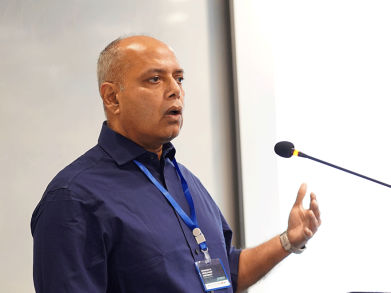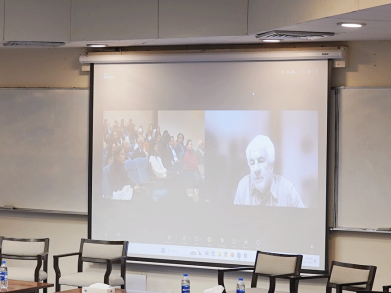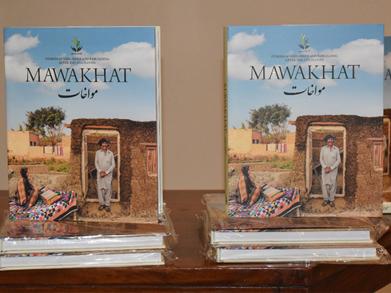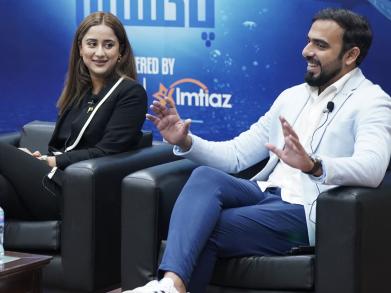In Pursuit of a Whole New Web; How a LUMS Alumnus is Changing the Way we Think About Cryptocurrency
Bitcoin, cryptocurrency and blockchains; these are terms that we’ve all heard at some point or another. Our knowledge of these terms might vary, but given the speed at which the digital asset ecosystem is evolving, it is evident that this technology is here to stay. One person leveraging the potential of cryptocurrency and effectively transforming the internet is LUMS alumnus, Dr. Muneeb Ali (BSc 2003).
Dr. Ali fell in love with the internet the day he and his brother received a computer as a reward for getting all As in their exams. Today he is a strong advocate for an internet that is open and transparent, and has built game-changing companies for web3; a worldwide web based on decentralised blockchain technology.
He is the founder of Stacks, an open-source blockchain network that enables decentralised apps and smart contracts for Bitcoin, and Hiro, the developer tooling company for Stacks. Both Stacks and Hiro saw immense growth and success after the Stacks main net launch last year, with Stacks becoming the fastest growing Bitcoin project on web3. Stacks is a decentralised ecosystem, like Bitcoin, with several independent companies working in it.
But Dr. Ali wanted to take this technology one step further. Building on the initial success of Stacks and Hiro, he, along with J.P Singh, a Computer Science Professor at Princeton, launched Trust Machines; a new company for building the largest ecosystem of Bitcoin applications. In a statement announcing the launch, Dr. Ali shares, “We believe that Bitcoin will lead us into a new era of computing. Trust Machines will build the apps and underlying tech to unleash the true potential of Bitcoin as a settlement layer. It will build upon the success of Stacks, create new Bitcoin apps, and contribute to underlying platforms, including Bitcoin itself.”
Named as a play on Turing Machines, Trust Machines has managed to raise USD $150 million from investors including Breyer Capital, Digital Currency Group, GoldenTree, Hivemind, and Union Square Ventures. Talking about the investment Dr. Ali says, “Our investors believe in our thesis that Bitcoin is far more than a passive store of value; it can be a final settlement layer and platform for web3 applications.”
Web3 platforms come with a huge opportunity for every individual to securely participate in the digital economy. Dr. Ali explains, “With companies that were built on top of the internet, like Amazon, Google, look at how big the internet economy became. I am very confident that the economy of the crypto internet is going to be much bigger than that because you’re basically redefining how internet businesses work. For the first time, we have this notion of digital assets. You can define a digital asset, trade against that asset, buy digital land or digital art, and businesses of the future will be powered by crypto networks. It’s a very large market. We’re already seeing the total value up to USD $2 trillion dollars and we’re still very early into it.” He adds that Pakistan can also greatly improve its economic situation by embracing this technology and educating its future engineers and entrepreneurs.
To help build local capacity in this new evolving technology, last year Dr. Ali and Hiro donated five million Stacks tokens (approx USD 7 million) to LUMS for the development of a unique academic programme that will enable faculty and students to study and expand research around blockchain technology and cryptocurrency. “Our donation to LUMS is for setting up courses, training engineers, and to make an impact on public policy. We aim to have research papers and policy papers written and co-authored by experts to help educate policymakers in the government, banks and other organisations about the economic opportunity of this technology.”
With a course on cryptocurrency already underway at LUMS by Dr. Zartash Afzal Uzmi, Associate Professor, Syed Babar Ali School of Science and Engineering, Dr. Ali’s efforts can possibly inspire the next generation of Luminites to work towards pushing the boundaries of what we think is possible.























